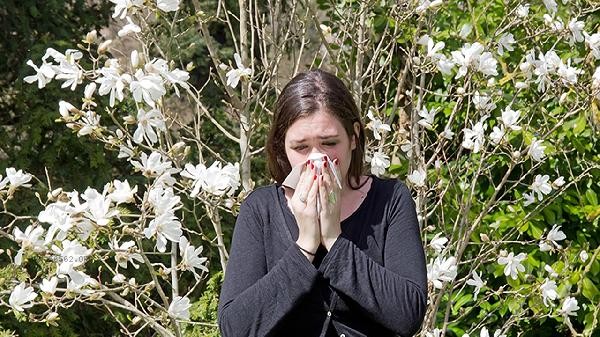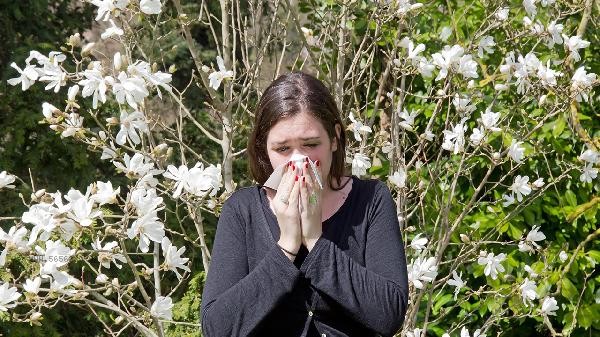People with bee pollen allergies, gastrointestinal disorders, and pregnant women should not consume bee pollen. Bee pollen is rich in nutrients such as protein and vitamins, but certain populations may trigger allergic reactions or worsen existing symptoms.

1. Bee pollen allergy sufferers
Bee pollen contains plant protein and allergens, and allergic individuals may experience skin itching, redness, swelling, or respiratory discomfort upon contact. People who have been allergic to bee products such as honey and royal jelly are at a higher risk. It is recommended that this group of people avoid contact with bee pollen and related products, and if necessary, undergo allergen testing.
2. Patients with gastrointestinal disorders
The coarse fibers in bee pollen may stimulate the gastrointestinal mucosa, and patients with chronic gastritis and irritable bowel syndrome are prone to bloating and diarrhea after consumption. Patients who have not recovered their gastrointestinal function after surgery should also be cautious, as pollen particles may increase digestive burden. It can be replaced by easily digestible rice porridge, yam and other foods in daily life.

III. Pregnant Women
Bee pollen may contain plant hormone components, and the endocrine system of pregnant women is sensitive, posing potential risks after ingestion. Some pollen may carry Clostridium spores, which are more susceptible to immune changes in pregnant women. It is recommended to supplement nutrition through a balanced diet during pregnancy, and if necessary, choose specialized nutrients for pregnant women under the guidance of a doctor.

It is recommended for healthy individuals to start consuming bee pollen in small amounts and observe for any adverse reactions. When storing, it should be sealed and moisture-proof to avoid mixing with odorous items. It can be mixed with warm water or honey for daily consumption, but it should not be brewed at high temperatures to avoid damaging the active ingredients. If symptoms such as rash and difficulty breathing occur, immediately stop using and seek medical attention. For those with allergies, it is recommended to consult a professional physician before use.









Comments (0)
Leave a Comment
No comments yet
Be the first to share your thoughts!